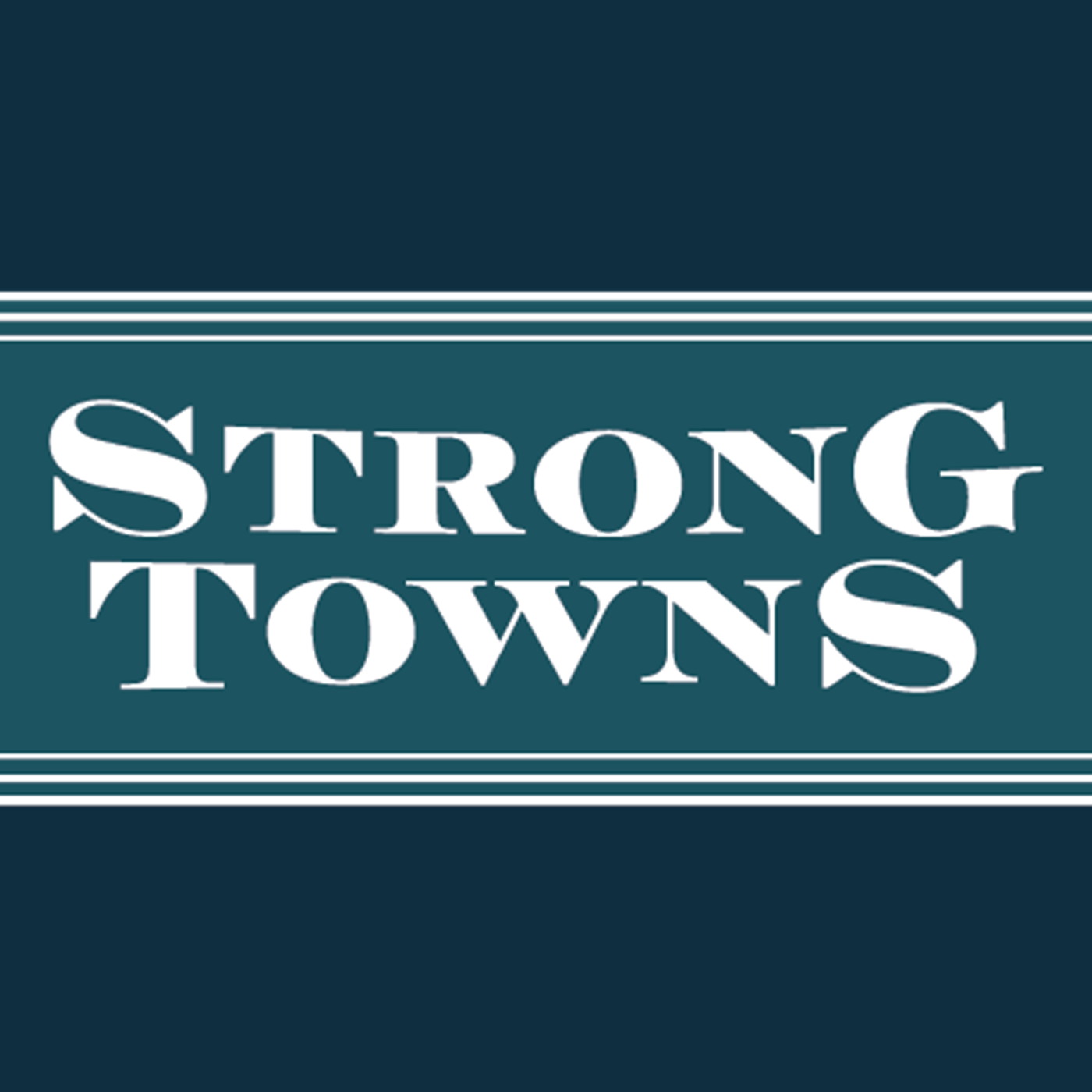- Government
- SEE MORE
- classical
- general
- talk
- News
- Family
- Bürgerfunk
- pop
- Islam
- soul
- jazz
- Comedy
- humor
- wissenschaft
- opera
- baroque
- gesellschaft
- theater
- Local
- alternative
- electro
- rock
- rap
- lifestyle
- Music
- como
- RNE
- ballads
- greek
- Buddhism
- deportes
- christian
- Technology
- piano
- djs
- Dance
- dutch
- flamenco
- social
- hope
- christian rock
- academia
- afrique
- Business
- musique
- ελληνική-μουσική
- religion
- World radio
- Zarzuela
- travel
- World
- NFL
- media
- Art
- public
- Sports
- Gospel
- st.
- baptist
- Leisure
- Kids & Family
- musical
- club
- Culture
- Health & Fitness
- True Crime
- Fiction
- children
- Society & Culture
- TV & Film
- gold
- kunst
- música
- gay
- Natural
- a
- francais
- bach
- economics
- kultur
- evangelical
- tech
- Opinion
- gaming
- College
- technik
- History
- Jesus
- Health
- movies
- radio
- services
- Church
- podcast
- Education
- international
- Transportation
- Other
- kids
- podcasts
- philadelphia
- Noticias
- love
- sport
- Salud
- film
- and
- 4chan
- Disco
- Stories
- fashion
- Arts
- interviews
- hardstyle
- entertainment
- humour
- medieval
- literature
- alma
- Cultura
- video
- TV
- Science
- en
Smart Cities: "Are we creating solutions looking for problems?"

In this special crossover edition of the Upzoned podcast, we're looking at the "smart cities" movement in general...and the ill-fated Toronto waterfront project in particular.\n\xa0\n...\n\xa0\nA controversial project in Toronto that would have transformed \u201ca slice of Toronto\u2019s waterfront into a high-tech utopia\u201d has been shut down by Sidewalk Labs (a subsidiary of Alphabet) due to "unprecedented economic uncertainty."\n\u201cAt one point,\u201d writes Andrew J. Hawkins in The Verge, \u201cSidewalk Labs\u2019 plan was to spend $1.3 billion on mass timber housing, heated and illuminated sidewalks, public Wi-Fi, and, of course, a host of cameras and other sensors to monitor traffic and street life.\u201d\nThe project had raised a variety of concerns, not least from privacy advocates, who objected to the intrusion of technology into their everyday lives. Chris Teale, a reporter at Smart Cities Dive, said the Quayside project \u201cspawned what many called a \u2018techlash\u2019 against big tech companies asserting themselves in such a ways, and has led to a belief that future projects must be less focused on sensors and data analytics and instead look to partner better with everyone.\u201d\nEach week, our Upzoned podcast takes one story in the news that touches the Strong Towns conversation and we \u201cupzone\u201d it. This week we\u2019re looking at the smart cities movement in general\u2014and the Quayside project in particular. Host Abby Kinney, an urban planner in Kansas City, is joined by regular co-host Chuck Marohn (president of Strong Towns) as well as by our senior editor Daniel Herriges, who has been closely following the Quayside story for years. Abby, Chuck, and Daniel discuss the allure of high-tech cities, why a lot of smart city initiatives seem designed not to serve people but rather make us better consumers, and the consequences of creating systems with built-in fragility.\nThen in the Downzone, Abby talks about the role Strong Towns has played in how Gould Evans and other leaders are building a stronger and more financially resilient Kansas City. This is Member Week at Strong Towns. If Strong Towns has helped you think about your city in ways that are truly smart, consider becoming a member today. Let\u2019s grow this movement together:\xa0https://www.strongtowns.org/membership\n\xa0\nAdditional Show Notes\n\n\u201c'Techlash' at Sidewalk Labs could mean smart city rethink,\u201d by Chris Teale\n\n\n\u201cIs Strong Towns Anti-Smart City?\u201d by Kea Wilson\n\n\n\u201dIn Defense of Dumb Cities,\u201d by Michael McGinn\n\n\nBecome a Strong Towns Member\n\n\nAbby Kinney (Twitter)\n\n\nCharles Marohn (Twitter)\n\n\nDaniel Herriges (Twitter)\n\n\nGould Evans Studio for City Design\n\n\nTheme Music by Kemet the Phantom (Soundcloud)